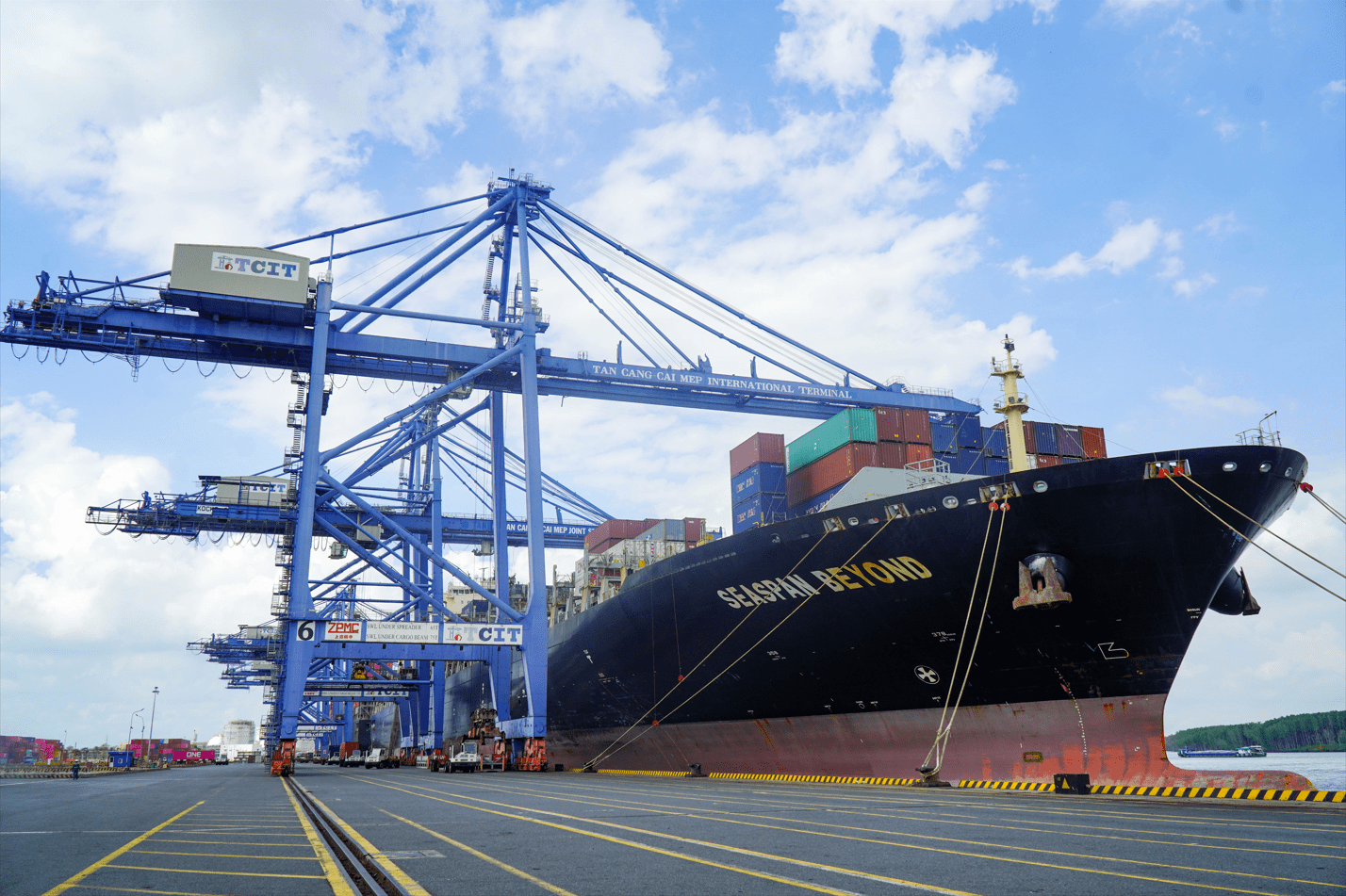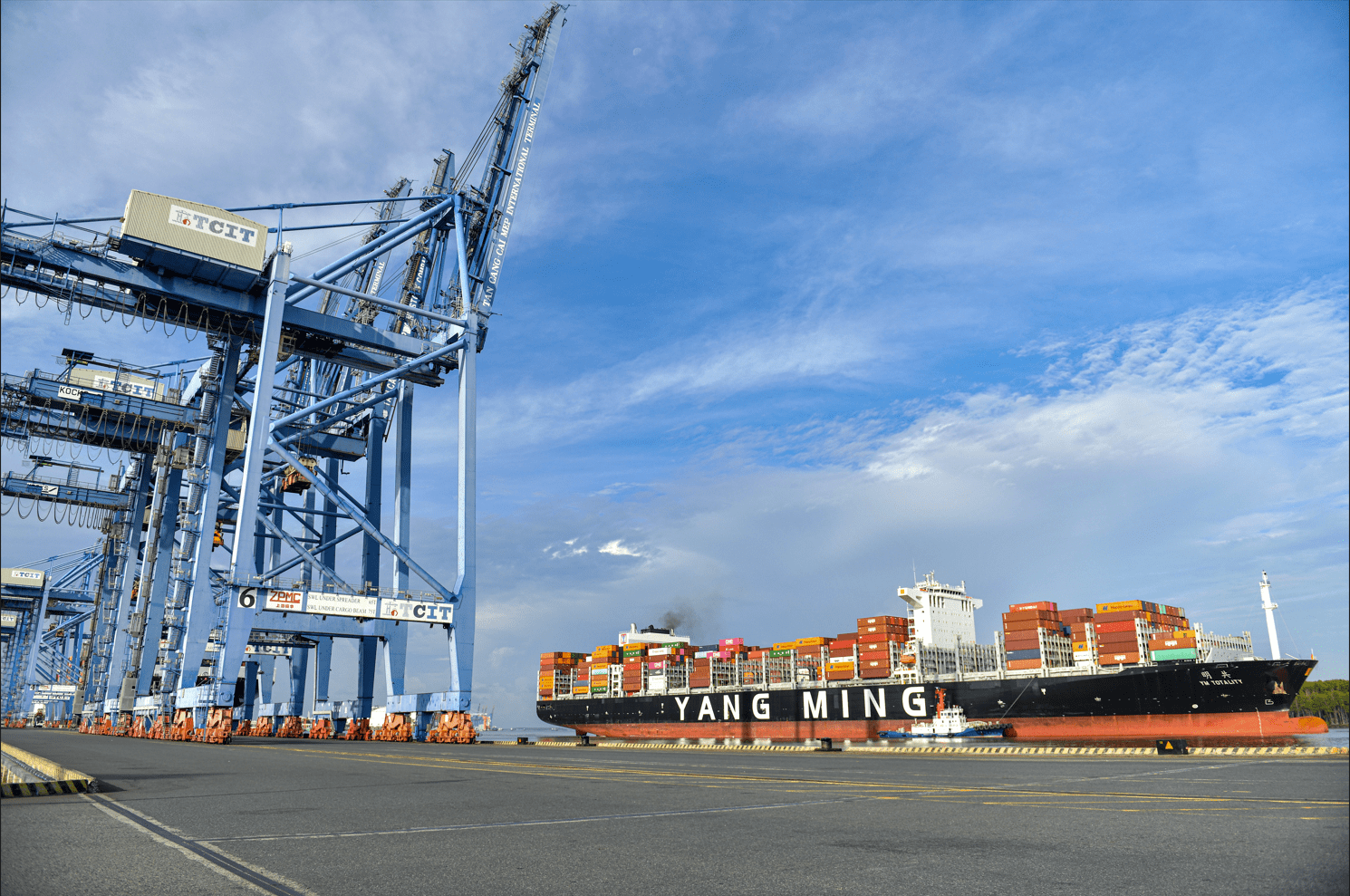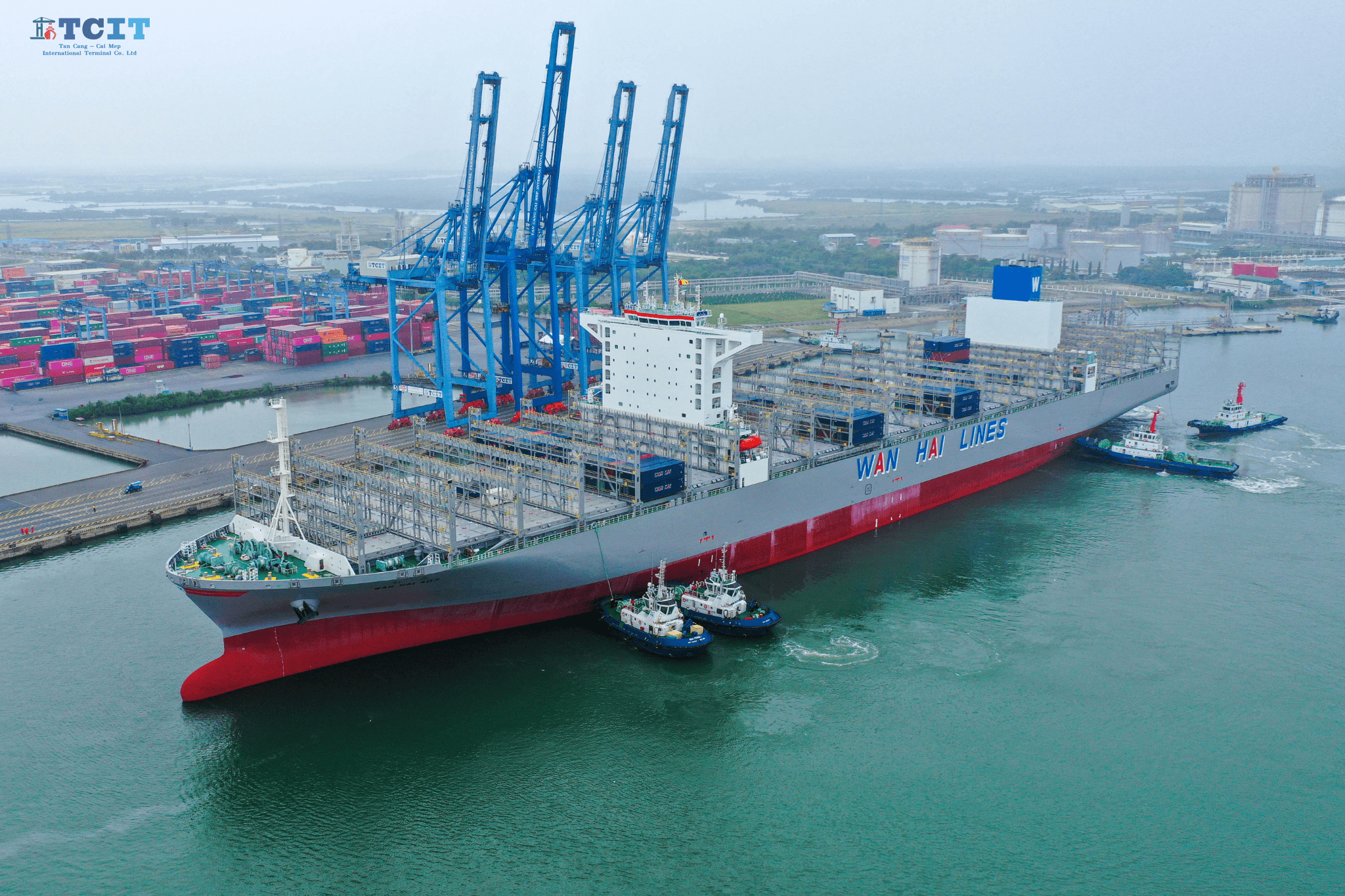
Vietnam rejects waste imports to ease port congestion
Vietnam is no longer accepting imports of paper and plastic scrap because its main marine terminals are congested, largely due to waste exporters seeking new markets because of the Chinese ban on such goods.
The congestion and ban reflect the continuing struggles of US waste exporters to access new markets, as exports of the banned commodities fell 21.2 percent in the first quarter to 229,662 TEU. However, US exports of waste to Vietnam in the first quarter surged 277 percent to 11,066 TEU after a 240 percent jump in US waste exports to the country in 2017. Vietnam’s market share of these banned wastes rose 3.8 points to 4.8 percent in the quarter, building on the 2.4 point gain the country made in 2017.
The Vietnamese bans were implemented “to maintain service quality and facilitate import-export activities of all enterprises,” according to a letter to customers from TCIT and TCTT – subsidiaries of Saigon Newport Corporation released by the Institute of Scrap Recycling Industries.
Hapag-Lloyd also sent a notice to shippers that the terminals are no longer accepting imports of paper and plastic scrap.
As of June 15, the terminals will only discharge containers of paper scrap from vessels if accompanied by valid import permits and written date commitments to pick up cargo. From June 25 to October 15, the terminals will not accept any plastic scrap.
2M partners, Danish carrier Maersk Line and its Swiss-based counterpart Mediterranean Shipping Company (MSC), have entered into a strategic cooperation deal with Israeli shipping company ZIM on the Asia – US East Coast trade.
Currently Maersk Line and MSC operate five loops and ZIM operates two loops on the trade.
As of early September 2018, Maersk and MSC will contribute four of their operated loops to a combined operation of five.
Under the deal, the parties intend to swap slots on all five loops of the new cooperation.
Danish ocean carrier said the cooperation would bring cost efficiencies and pave way for an improved product on the Asia – USEC trade, including a new direct product from the US East Coast into Thailand.
MSC expects that the new arrangements will result in economies of scale and efficiencies, helping the carriers to navigate tough prevailing business conditions.
Back in May, the 2M partners introduced an emergency bunker surcharge as a way of coping with the rising bunker prices that started to spiral out of control.
The cooperation is scheduled to begin in early September 2018, subject to regulatory approval.
The initial term of the cooperation is four years with an option to extend it to seven years in total.
CMA CGM Buys 10 Pct Share in CSP Zeebrugge TerminalFrench shipping major CMA CGM has reached an agreement to purchase a 10% equity interest in CSP Zeebrugge Terminal from CHINA SHIPPING Ports.
The interest in the terminal was acquired through CMA CGM’s wholly-owned subsidiary CMA Terminals.
“Through this investment, CMA CGM is pleased to develop its strategic partnership with COSCO SHIPPING Ports and to be part of Zeebrugge Terminal’s future,” Farid T. Salem, Executive Officer of the CMA CGM Group, said.
The shipping firm accounted for one third of the total throughput of CSP Zeebrugge terminal in 2017.
The parties informed that the strategic partnership between CMA CGM and COSCO SHIPPING Ports should foster the development of CSP Zeebrugge into a major hub port in Northwest Europe.
COSCO SHIPPING Ports completed the acquisition of the remaining 76% equity interest in CSP Zeebrugge terminal in November 2017 and made it a wholly-owned subsidiary.
MOL Joins Research on Advanced Navigation Support Systemapan’s shipping major Mitsui O.S.K. Lines has unveiled a wide-ranging research partnership aimed at developing an advanced navigation support system.
The company said it jointly agreed on the project with MOL Techno-Trade, National Institute of Maritime, Port and Aviation Technology, and Tokyo University of Marine Science and Technology.
In the joint study, all parties will conduct basic research on advanced navigation support system, which is indispensable for safe navigation of conventional ships as well as the autonomous ships of the future.
Specifically, the study aims to develop a navigation support system that introduces the concept of Obstacle Zone by Target (OZT), one of the ship collision risk index, leading to the application of technologies such as Automatic Radar Plotting Aid (ARPA).
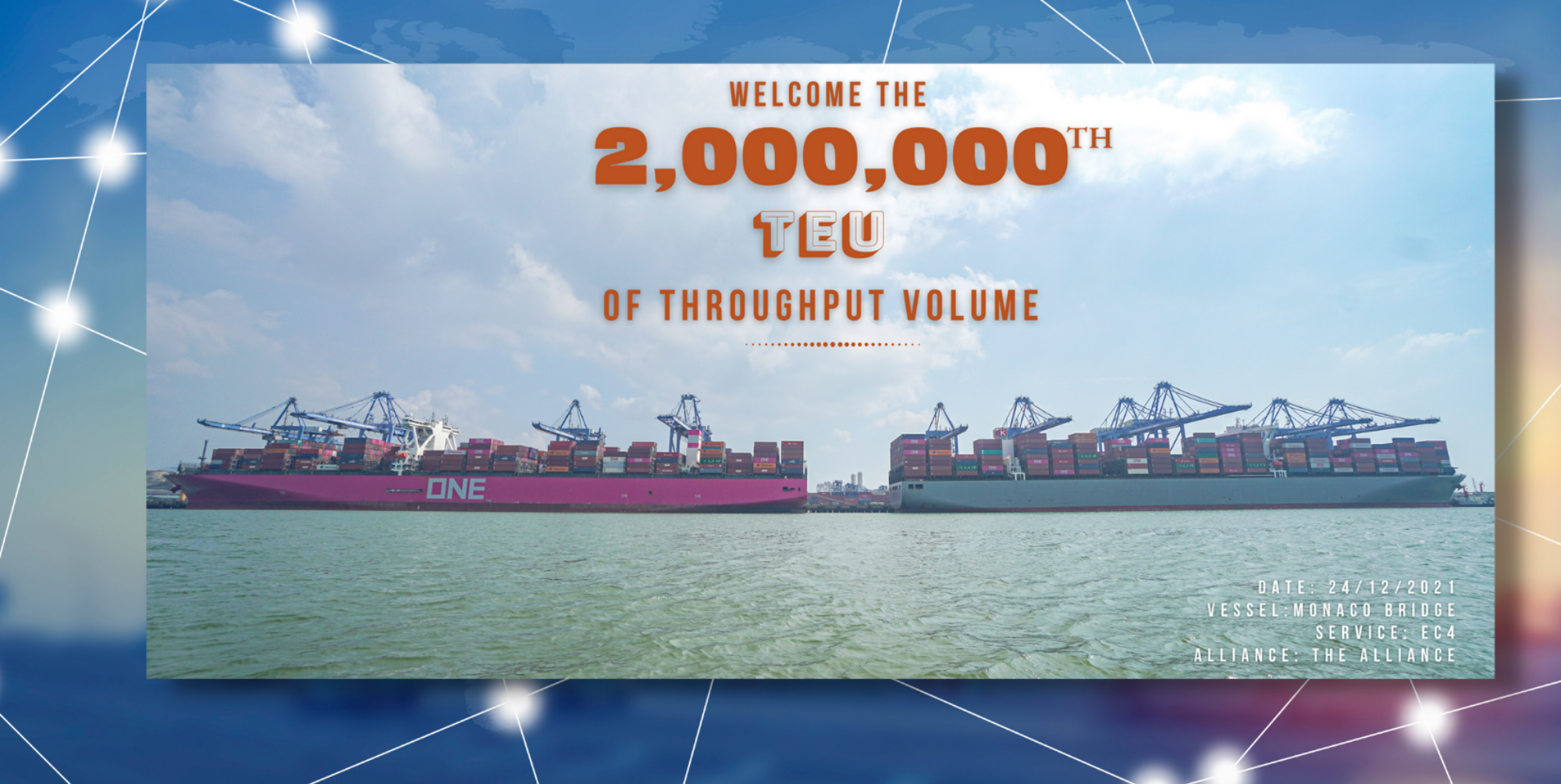
.png)

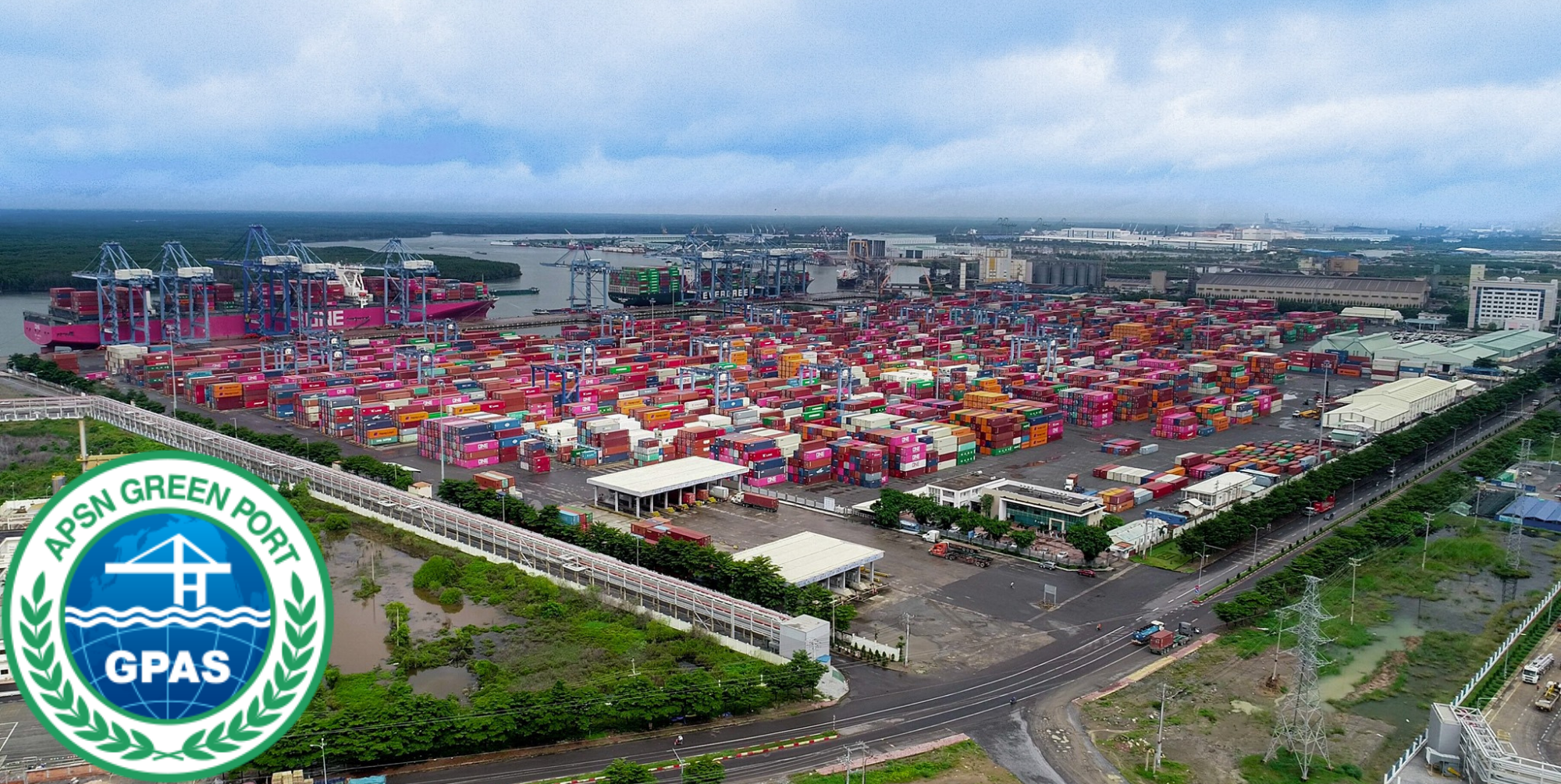

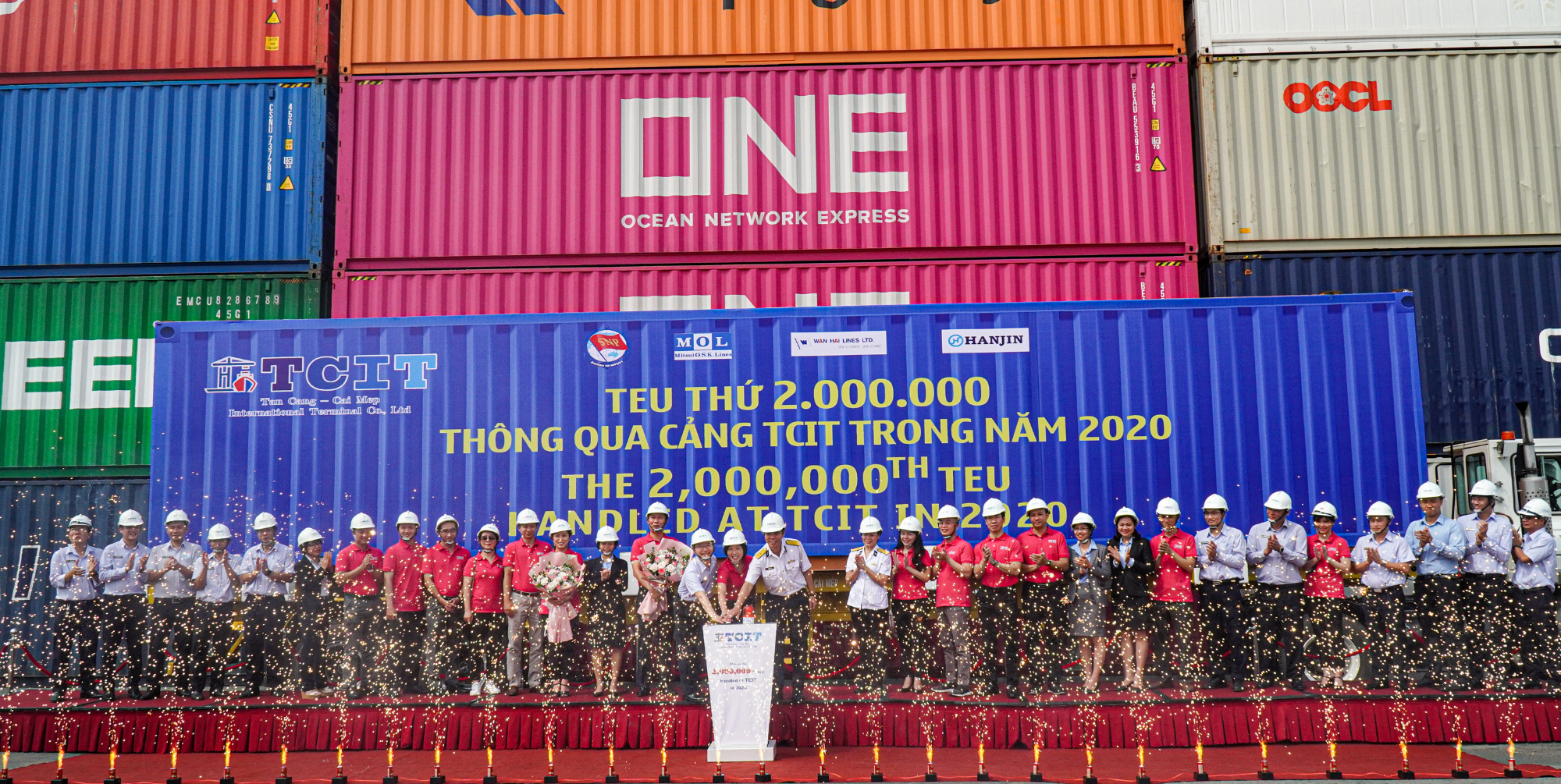
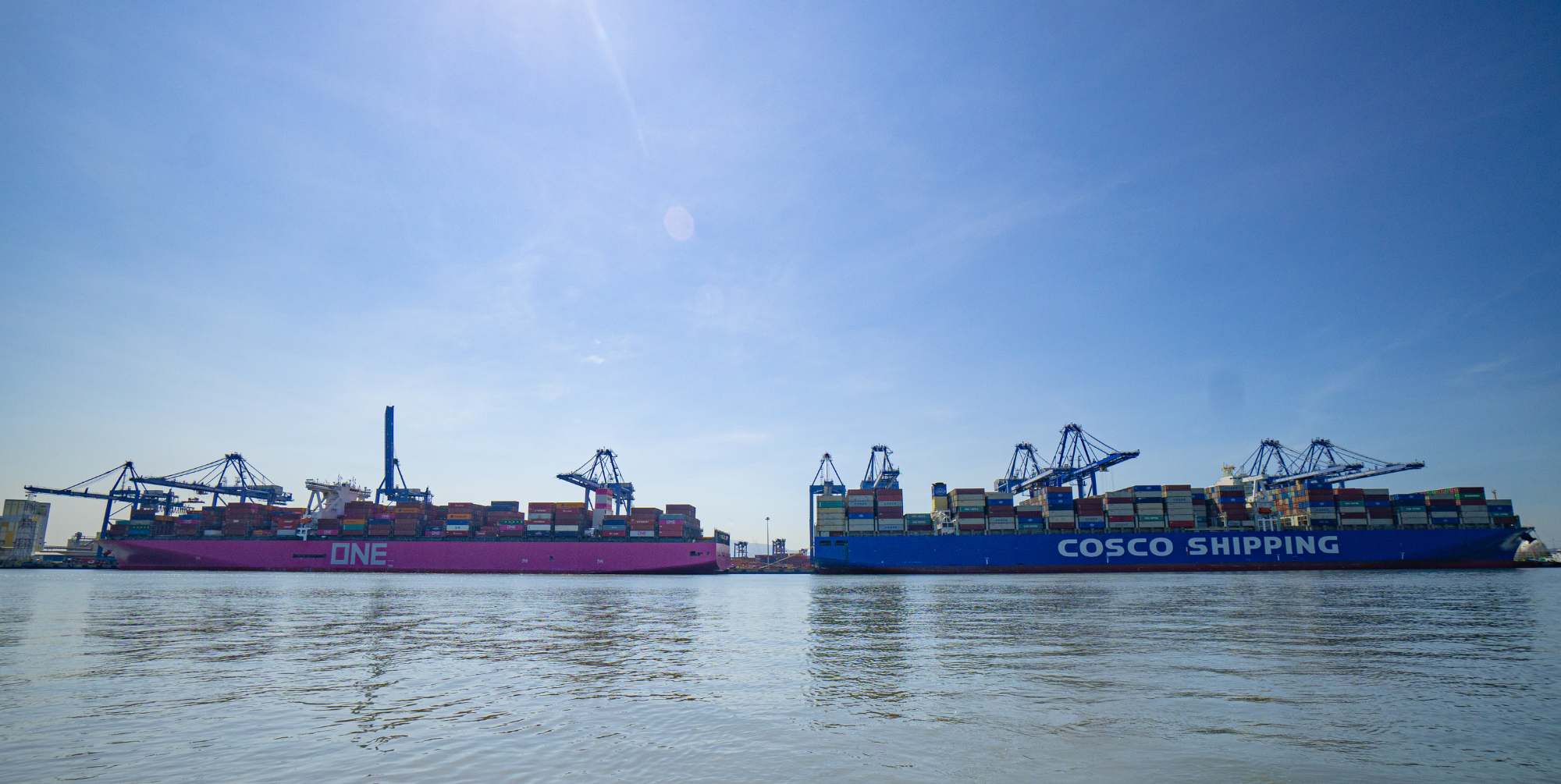
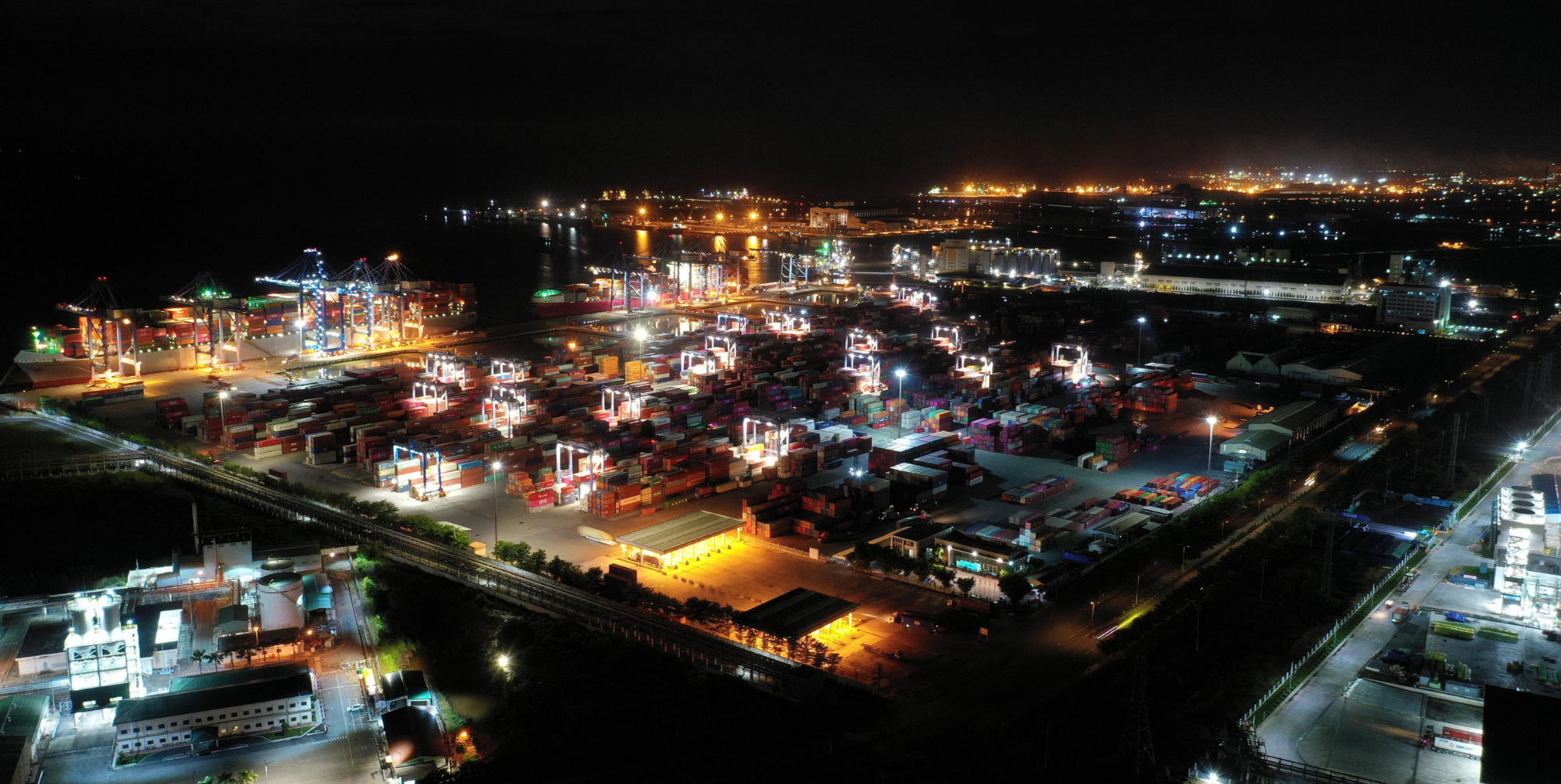
.jpg)
